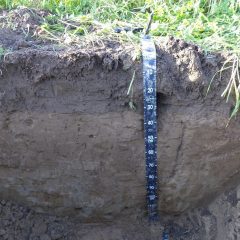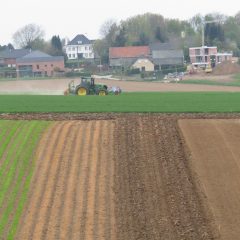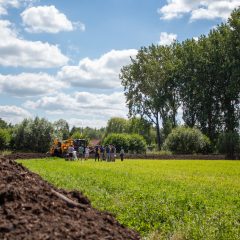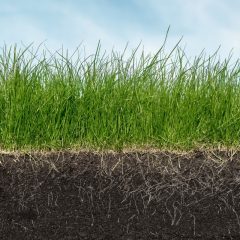Research project Catching rhizobia to introduce high protein containing soybean for a sustainable agriculture in Flanders
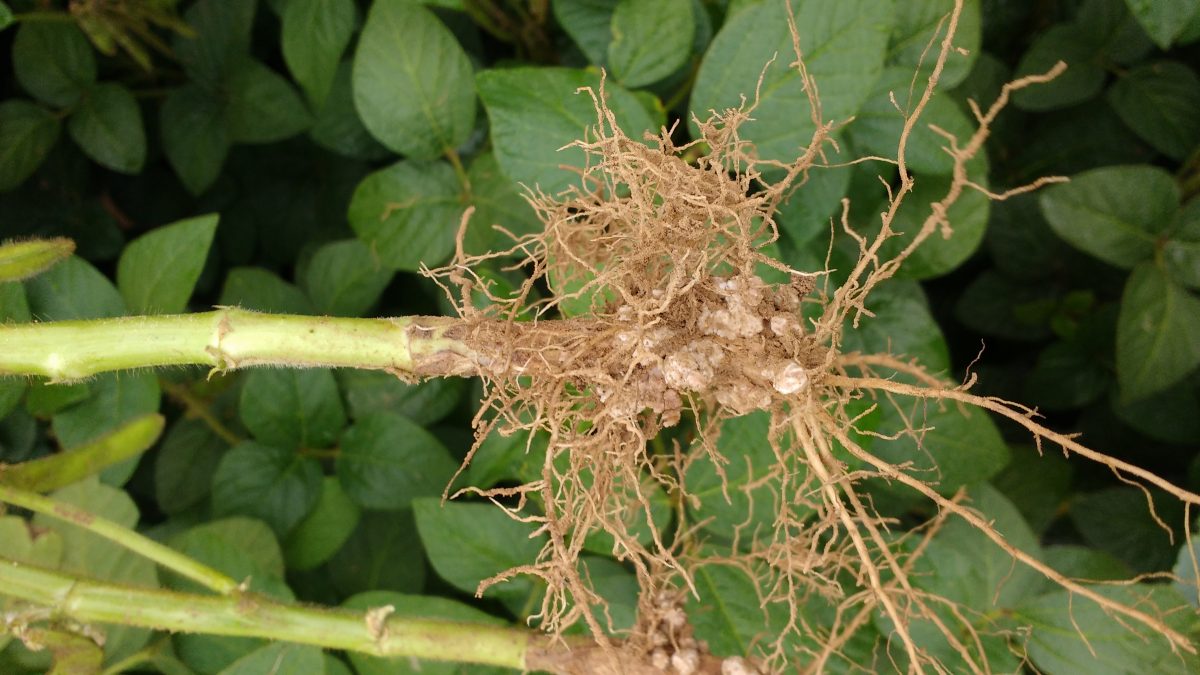
Main research question
The aim of this Grand Challenge project is to engage at least 1000 citizens and their gardens to help acquire native rhizobia from Flemish soils that are able to efficiently nodulate soybean. We wish to find local soilborne bacteria and funghi that are able to form nodules on soybean plants. We expect that these local microorganisms are better adapted to the environmental conditions than the currently available commercial products. Inoculation with these newly isolated strains might contribute to a more consistent protein yield under agricultural conditions. An additional goal of this project is to increase public awareness about the benefits of legumes through a citizen science approach.
Research approach
We will engage 1000 citizens by letting them grow soybeans in their gardens to find nodules and characterize phenotypic plant traits, and by letting them participate in surveys to gather specific information on their garden management. The project consortium will use complementary and innovative characterization techniques to isolate and identify all bacterial strains from all nodules as well as analyze various physical and chemical soil parameters. The nodulation efficiency and nitrogen-fixing capacity of the most promising bacteria will be tested in the lab and in the field on different soybean varieties. Finally, all data derived from the questionnaires and experiments will be integrated and clustered to identify the best rhizobial strain for a particular location and soil parameters. Additionally, we will use the data to increase the public awareness and inform agroindustry about the power of legumes for sustainable agriculture.
Relevance/Valorization
Soybean (Glycine max) is one of the most important protein sources for food and feed. Belgium depends on the import of soybean and its derived products with a yearly amount of approximately 800.000 tons, 65% of which is imported from countries (e.g., Argentina, Brazil) with associated high risks for deforestation and forest degradation. To reduce this dependency and to develop socially responsible protein products, Belgium would strongly benefit from local soybean production. Additional knowledge about soil bacteria and fungi will support local soy growing.

